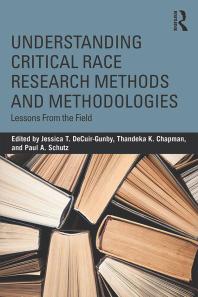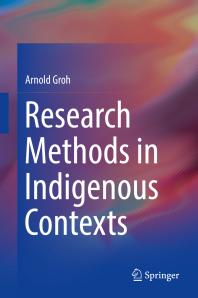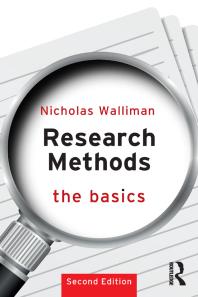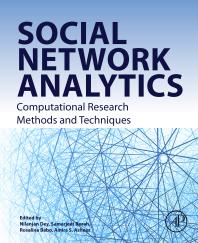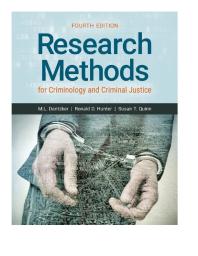A book you have some details for?
- Use Library Search: try a word or two from the title and one of the authors' surnames - for example adler social research
- In results, under 'Source Types' tick to view book/ebook results only

- Find print books on the shelves using the call number
- Click 'Full text online' to read e-books - you'll need your AUT network username and password
Just want to browse the shelves in your subject?
You'll find print books on social sciences related fields on the shelves on Level 5:
300-307 social sciences, sociology & anthropology
303.69 conflict resolution
320-329.99 political science
323 human rights
364 criminology
Exploring society: Sociology for New Zealand students by
Publication Date: 2019Forensic Anthropology by
Publication Date: 2019-07-19What Is Digital Sociology? by
Publication Date: 2019-07-12 Public policy in New Zealand: Institutions, processes and outcomes by Call Number: 320.60993 SHAPublication Date: 20113rd ed.
Public policy in New Zealand: Institutions, processes and outcomes by Call Number: 320.60993 SHAPublication Date: 20113rd ed. Public policy : preferences and outcomes by Publication Date: 2018
Public policy : preferences and outcomes by Publication Date: 2018Ethics and Public Policy by
Call Number: 172.20993 ETHISBN: 9780864736406Publication Date: 2011-08-01This study draws on papers from the 2009 Ethical Foundations of Public Policy conference held in Wellington, covering topics such as ethics in decision-making and giving advice, sustainability, equality and justicePublic policy and mass media: The interplay of mass communication and political decison making by
Publication Date: 2010In this e book readers will explore the extent and circumstances under which the media affects public policy; whether the political impact of the media is confined to the public representation of politics or whether their influence goes further to also affect the substance of political decisions
